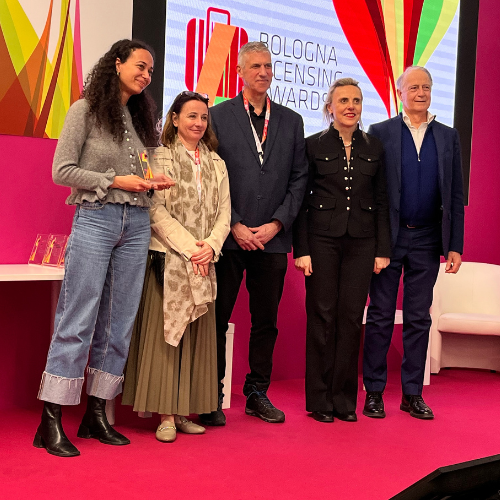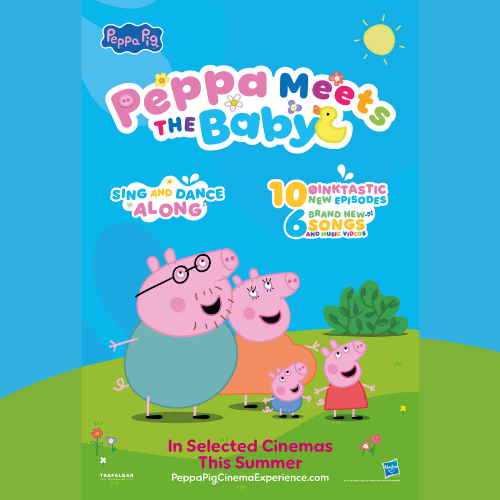The impact video games can have to inspire people around the world to engage with the environment is huge, says panel at last week’s SILC21.
The video games sector has a huge opportunity to inspire and educate when it comes to sustainability and climate change thanks to its huge reach.
This was the view of a dedicated panel at last week’s Sustainability in Licensing Conference, who discussed some of the examples which the industry had already undertaken.
Daniel Wood, strategic projects lead at Ukie – the video games trade body – and games associate at Creative England, started proceedings with an overview of some of what the UK gaming industry has been doing and the role that Ukie has played in trying to support that.
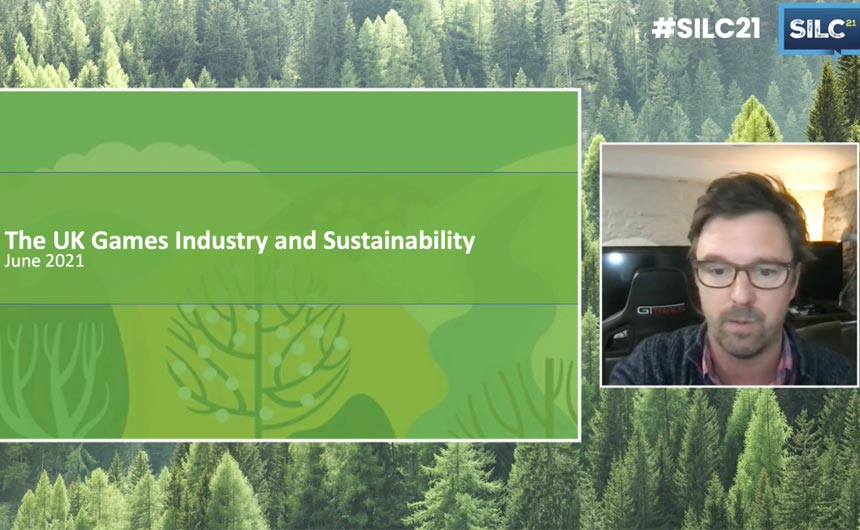
He explained that around nine months ago, a group was formed to begin looking at the landscape that was already present in the UK and it discovered that there were lots of examples of games businesses – big and small – doing great stuff within the area of sustainability.
“At Ukie, we wanted to try and support, promote and amplify some of that individual activity, but also really our role is to raise awareness to as many businesses as possible and shape wider collective action within the sector,” Daniel explained.
In March, it launched the Green Games Guide in partnership with Games London and Playing for the Planet. The guide, as Daniel explained, has to do four things:
- Create a better understanding of the impact that the sector has on the environment
- Help companies to improve their approach to sustainability and reducing their emissions
- Start conversations about wider collective efforts we could make as a sector
- Start to use our huge reach to inspire players to think about how they interact with the environment.
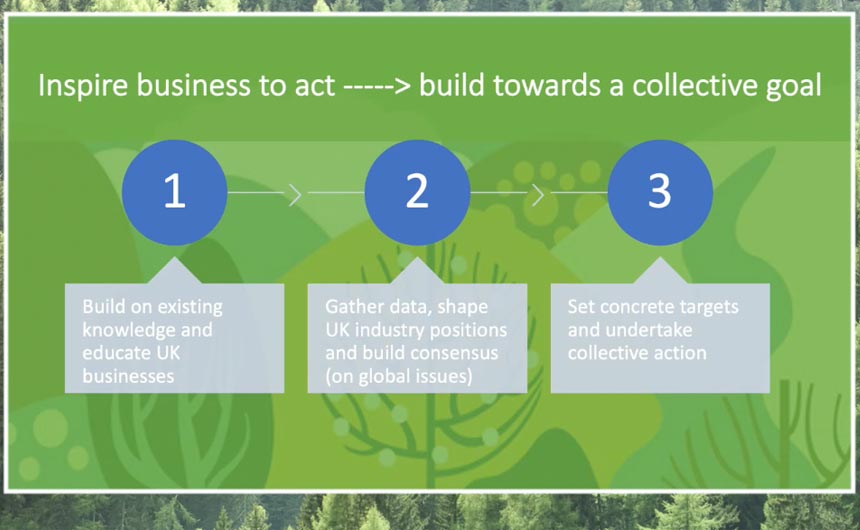
Ukie also has five steps which it is telling games businesses they can take to start reducing their emissions immediately.
- Define your scope and timeline to reduce your carbon footprint
- Calculate your emissions
- Take bold and ambitious action to reduce your carbon footprint
- When it’s impossible to avoid, hit the offset button
- Ratchet, review and recommend to others.
“Games has a huge power to inspire,” continued Daniel which he emphasised with a number of examples.
Playmob’s Mission 1.5 asked players how they feel about climate change, offering the platform as a space where players can really have a voice on topics which matter to them. The results of this are then passed on to the people who make the decisions around business strategy and policy, enabling real change to be brought about.
Jude Ower, ceo and founder of Playmob, explained: “We’ve covered about 50 markets so far, but we could potentially be in 100 markets. We’ve asked people who have potentially never had a voice on climate change before, because of their age or because of where they are.
“We’ve been able to leverage gaming as a way to reach people, ask them their opinions and then feed this back to a UN department that can take it to global leaders to make policy changes within their markets.”
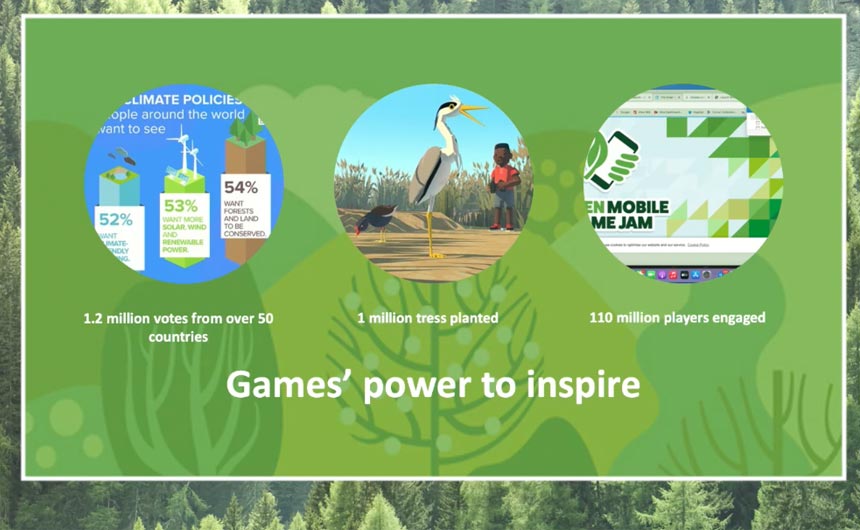
Jane Campbell, studio operations lead at ustwo games, explained how the company aimed to tackle in-game action and inspiration and get people thinking about nature through its game Alba, which launched in December 2020.
“It was very important to us to bring the conservation side into the story authentically,” she commented. “We wanted people to be able to engage with it positively and feel like they were able to come out feeling empowered and they had agency in this world and agency to make a difference.
“We wanted to take the impact we’re making in the game into the outside eco-system and use Alba as a platform to take action in the real world and help make it different.”
To this end, ustwo worked on Alba’s Forest with Ecologi which Jane describes as becoming its “most impactful, most ambitious call to action”.
For every copy of the game which was bought or downloaded, ustwo pledged to plant one tree, with an overall target of one million trees. The company is already over half way to achieving this goal, with the total currently standing at around 730,000 trees.
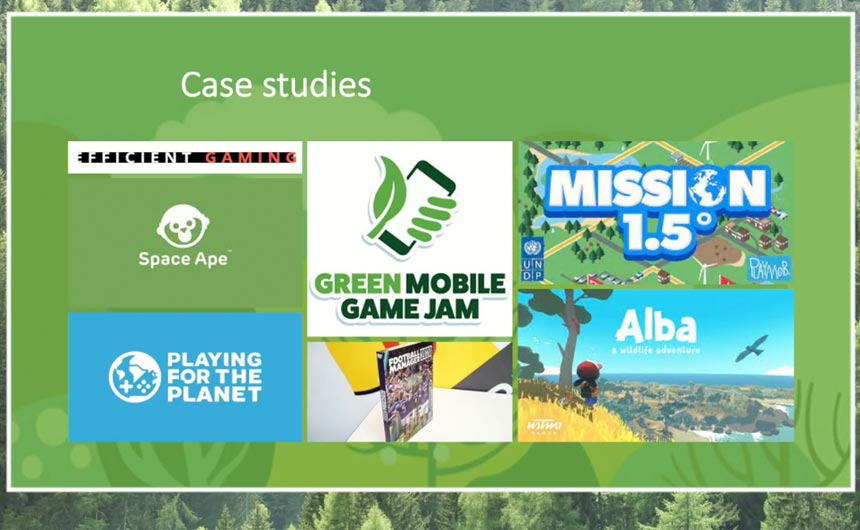
Sam Barratt, chief of youth, education and advocacy at the UN Environment Programme, (which formed the Playing for the Planet alliance) worked on the Green Game Jam which he explained as “unlocking that power to get people thinking about how the video games industry can take messages out to billions, not just millions”.
He continued: “The reach of the industry is just unprecedented and wins the attention economy hands down. There are different messages you can bring in to games. One is about information – did you know this? – and the other is activation – you can do this.”
For Miles Jacobson OBE, studio director at Sports Interactive – the company behind the phenomenally successful Football Manager brand – sharing details of what it has been doing to make its packaging more sustainable with the rest of the industry has been key.
The company’s packaging on Football Manager is now 100% recycled and 100% recyclable, with just the disc itself needing to be posted off for recycling.
Miles commented: “We gave the details of what we’ve done packaging wise to the industry – rather than just keeping this to ourselves, we gave it to everyone and said ‘hey, you could be doing the same’.”
Ukie’s Daniel concluded: “The games industry inherently likes to do cool, interesting and innovative new things to solve problems, issues and challenges – that’s what games development is. I think the approach we can bring to that and any solutions around how content is either stored or made or distributed digitally could have a much wider impact and uses.”
(Pictured clockwise from top left: Helena Mansell-Stopher, curator of SILC21 and founder of Products of Change; Ukie’s Daniel Wood; Jane Campbell, ustwogames; Miles Jacobson OBE, Sports Interactive; Sam Barratt, UN Environment Programme; and Playmob’s Jude Ower.)
Attendees to SILC21 can continue to access content on-demand until 1 August. Simply click of this link.
Want to read more news like this? Simply sign up to our daily digest by clicking here. You can also follow @LicensingSource on Twitter and @licensing_source on Instagram.












